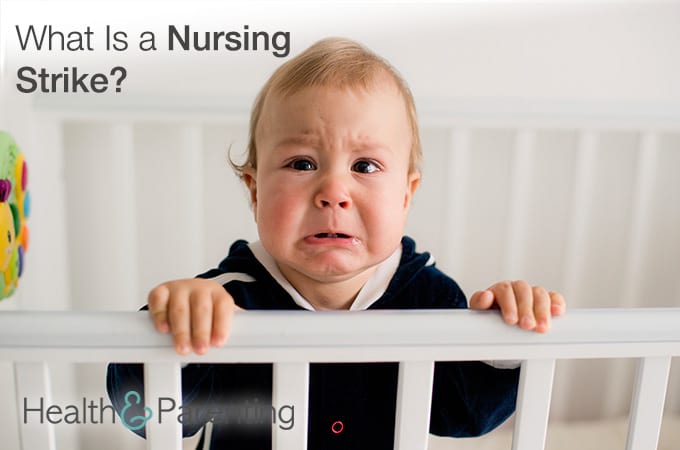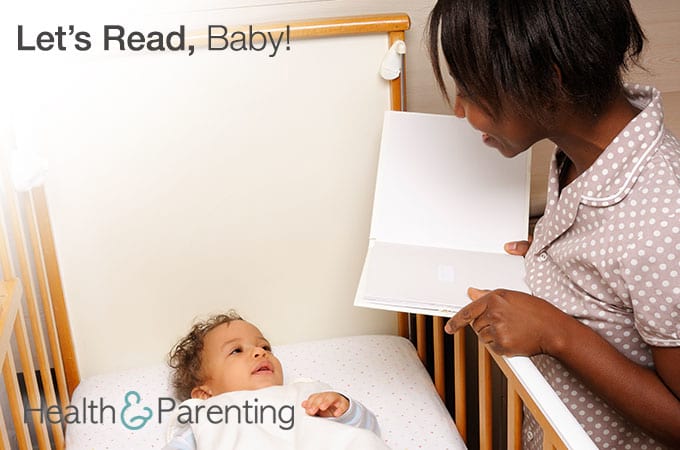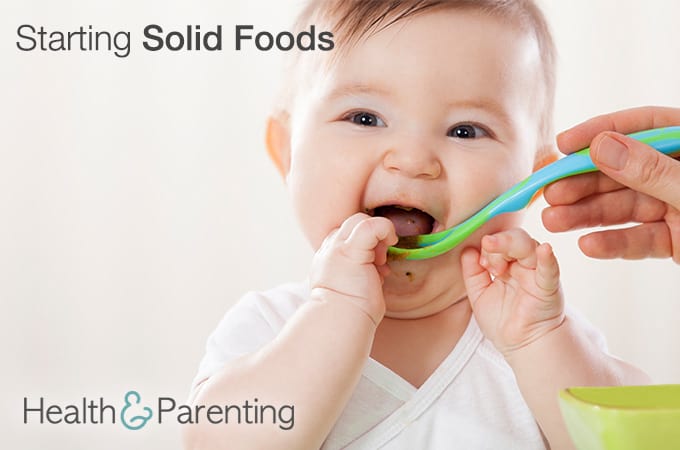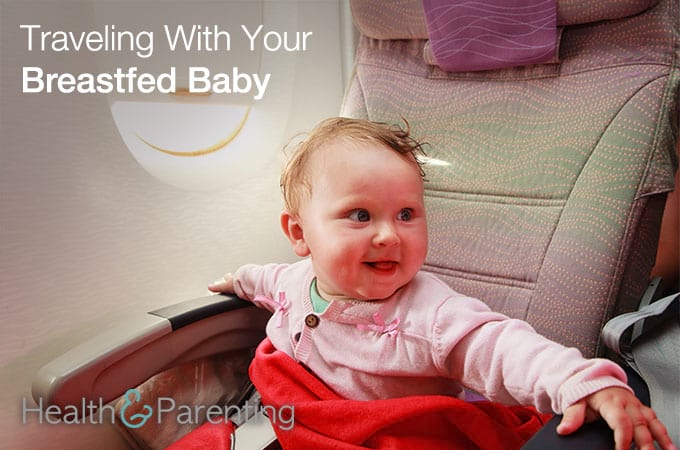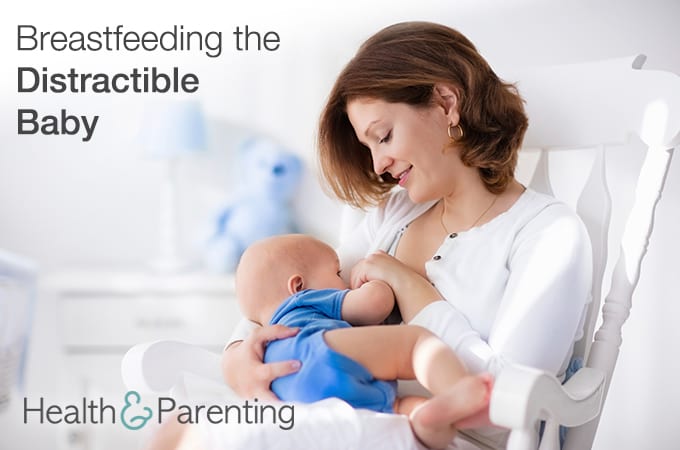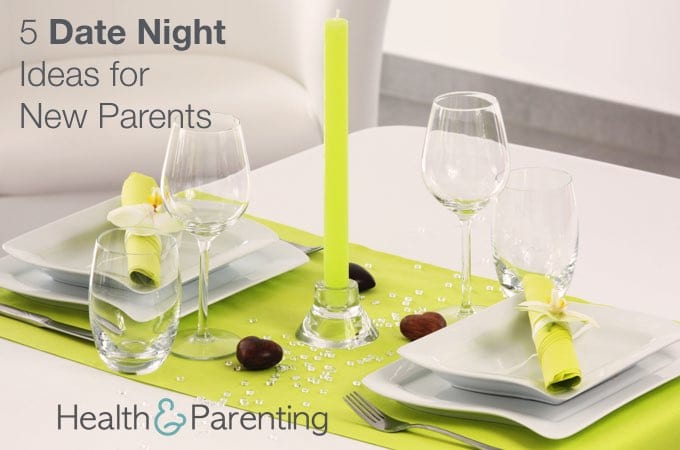Breastfeeding has been going well for you and your little one, when suddenly, baby begins refusing the breast. You may ask yourself: Is he weaning? Is something wrong with my milk? Is it something about me?
A nursing strike is a sudden refusal to nurse (whereas weaning is typically a gradual reduction). Babies younger than one year rarely self-wean. Nursing strikes are most common between 3 months and 9 months. The breast refusal typically lasts 2 to 4 days, but may last a week or more. The worst part is that your baby will likely be pretty fussy and unhappy about the situation.
Knowing the cause of the nursing strike – which may take some sleuthing – will let you know how best to proceed to get baby back to the breast. Occasionally, a strike comes and goes and the root is never determined. Some common reasons for a nursing strike include:
- Illness: Does your baby have a stuffy nose (so that he can’t breathe while nursing), an ear infection (which can cause discomfort with being held certain ways or when swallowing), or thrush (which can cause a tender mouth)?
- Pain: some teething babies refuse the breast due to painful gums; immunizations and injuries can cause pain when baby is held in a nursing position.
- A change of schedule: If baby is staying with a sitter more often or if you are separated longer than normal, he may refuse the breast.
- A change in mom’s smell: Are you using a new soap, perfume, deodorant, lotion, fabric softener, detergent?
- A change in the taste of the milk: Have you eaten anything with a strong flavor? Have you recently had mastitis? Could you possibly be pregnant? These could all change the taste of breastmilk.
- A change in milk flow: If your milk supply is decreasing, your baby may be getting frustrated trying to increase the flow, and may just refuse to do so (leading to an even lower supply).
- A dramatic reaction from mom while baby was at the breast: If your baby bit you and you reacted strongly, or if you were speaking loudly or arguing with other family members while nursing, your baby may go on strike.
- More frequent use of pacifiers or bottles: A baby with nipple preference may just decide the breast is too hard and the bottle much easier.
- Stress: Do you have extra company at home, have you been traveling, have you just moved to a new home, or are you amidst a family crisis? Is your baby just overstimulated? Are there simply too many exciting distractions for your baby to be bothered with stopping to nurse?
- Developmental milestones: Some experts think when baby is concentrating on a new skill like crawling, standing or walking, eating sometimes takes a back seat.
Your baby will still need to eat during this crisis. Offer your breast often, but be nonchalant if he doesn’t nurse. Don’t force breast feedings – you want to keep the breast a safe relaxing place for baby. If your baby starts to get upset while you’re trying, feed him another way and try again at the next feeding to get him to latch and nurse.
You can use bottles, if you’d like, though you want to make it as much like breastfeeding as possible by practicing paced feeding and using a slow flow nipple. If you want to avoid using a bottle, try giving milk in a cup or syringe, or with a spoon or eye dropper. If baby will latch at all, you might be able to use a nursing supplementer to keep the flow of milk steady. You will need to pump or hand express milk as often as your baby would be feeding in order to avoid a drop in milk supply, plugged ducts or mastitis.
Getting your baby back to the breast will take patience and persistence. Other tips and tricks include:
- Spend time skin-to-skin, offer lots of extra cuddling, increase attention
- Wear your baby in a sling or wrap
- Take a bath with your baby
- Nurse when your baby is drowsy, or even when he’s sleeping
- Pump for a couple of minutes before offering the breast to get milk flowing
- Change up your positioning, or nurse in motion (walking, swaying, rocking)
- Try feeding in a quiet, dim room without any distractions, turn off the television and any music, put your phone away
- If your baby has a stuffy nose, use saline drops or breastmilk in the nose before feeding, and try clearing his airway with a nasal aspirator
- If teething pain is the culprit, offer something cold for baby to chew right before a feeding. Pain relievers are also an option
While a nursing strike can be challenging, it’s only temporary. Expect getting baby back to the breast to be a slow process. Don’t get discouraged. Most babies return to the breast and go on happily nursing as if nothing ever happened.
Written by Michelle, childbirth instructor, lactation consultant, and mother to 4 busy kids
This information is not intended to replace the advice of a trained medical doctor. Health & Parenting Ltd disclaims any liability for the decisions you make based on this information, which is provided to you on a general information basis only and not as a substitute for personalized medical advice. All contents copyright © Health & Parenting Ltd 2016. All rights reserved.

